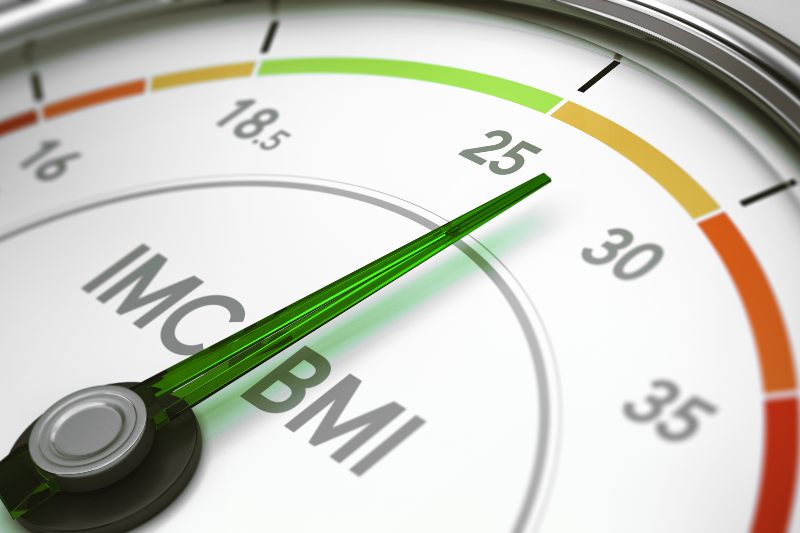अधिक वजन और मोटापा पूरी दुनिया की समस्या है. जिसका कारण अधिक मात्रा में वसा है, जिससे स्वास्थ्य से संबंधित जोखिम पैदा हो सकते हैं.
मोटापे के बारे में ये सभी बातें आपको पता होनी चाहिए:
Body mass index (BMI) is a common way to measure body fat by taking into consideration a person’s weight and height. Obesity is a disease when a person’s weight is in an unhealthy BMI range of 30.0-39.9 You can measure your BMI with our online BMI calculator.

Causes of Obesity:
Obesity can be caused due to several reasons:
- Eating more calories than you can burn or leading a sedentary lifestyle often results in obesity in the long term.
- As you grow old, the metabolism rate lowers, making it easier to gain weight.
- If you don’t get enough sleep, it can lead to hormonal changes. This results in a craving for high-calorie food, ultimately leading to an increase in weight.
- Pregnancy can lead to obesity because it is difficult to shed the weight gained.
- Polycystic ovary syndrome (PCOS) can cause an imbalance in female hormones, leading to obesity.
- Health conditions like hypothyroidism can also cause this disease.

Health complications that stem from obesity include high blood pressure, high cholesterol, heart diseases, type 2 diabetes, and arthritis.
Dietary Management of Obesity:
To prevent obesity, certain dietary management techniques should be considered.
- Cutting calories: Cutting down your calorie intake is the first step towards weight loss. Consult your doctor and decide the changes that your diet needs to cut back on calories and carbs.
- Healthy food: Avoid eating junk food and incorporate more green vegetables, fruits, and proteins in your diet. Protein-rich food, such as lentils, beans, and soy, can be a healthy addition to your meals. Reduce the intake of salt and added sugar.
- Less is more: Foods such as desserts and candies, although consumed in small amounts, have a lot of fat. Try to replace these with fruits that have fewer calories and can satisfy your hunger pangs.

Treatment and Prevention of Obesity:
Obesity can be treated in many ways.
Daily exercise
Increased physical activity can lead to weight loss. Getting at least 3 hours of exercise in a week, walking 10,000 steps every day, aerobics, taking the stairs instead of the elevator, parking farther, or simply moving around can make a difference.

Endoscopic procedure
Endoscopic procedures are performed by advancing narrow, flexible instruments through the mouth and into the stomach. This procedure is a middle ground between medication and surgeries and is ideal for those with BMIs of 30 or above. It does not require any incision in your skin. It helps individuals feel fuller faster to prevent them from overeating.
Weight-loss surgeries
Common weight-loss surgeries, such as gastric by-pass surgery or adjustable gastric banding can be ways to reduce excess fat. However, surgery should be considered as a last resort if the other methods do not yield results.

Adopt a healthy lifestyle to fight obesity. Refer to more articles on nutrition and fitness on the Activ Living Blog. Visit the Activ Health – Platinum Enhanced Plan to earn health returns by staying active and get expert advice from a health coach.





 1800-270-7000
1800-270-7000











Thank you for sharing such a useful information. Please share such a useful information every day.